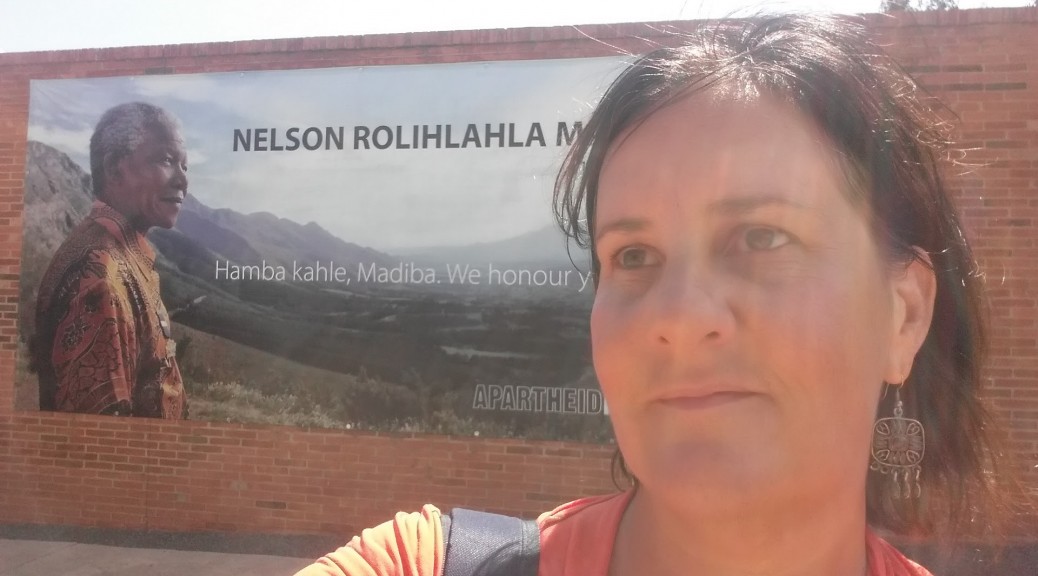I am about to get on a plane and leave Johannesburg. Within a short time, this city has left an impact on me like no other city I have ever visited. It felt like visiting a movie set of ghosts and stories I have heard about before. Authors like Wilbur Smith and Bryce Courtney have been my main source of information on South Africa, along with mass media and a dozen or so SA citizens I have met along the way. None of which prepared me for the ‘rainbow nation’ of so many cultures forming one country. Balancing the unique local/ tribal
identity with a broader group and participating in a global culture is a challenge we will all face in the next few decades. South Africa is the pressure point for this delicate and volatile see-saw of identity.
My first surprise in Johannesburg was the high level of security; fences, gates, security guards, and riot police cars in the CBD. The next surprise was the extremes of luxury versus so many people living in difficult economic circumstances. The biggest surprise was that despite this pervasive fear and ongoing economic struggle, I felt so welcome and have truly never experienced such politeness and sincere concern that my every need was catered for by all of my hosts and guides. New Zealand had a somewhat similar feel of a mix of high-class English gentile with a down to earth humbleness.
I found a theme of protest throughout my visit to South Africa. I captured a video of our tour guide explaining Youth Day, an annual memorial of primary school students protesting the enforcement of Afrikaans as the language of instruction. The tragic clashes between the police and children of Soweto will never be forgotten. This issue of language of instruction became a main theme of my study tour. Now, in 2016, protests are again making headlines as 2016 enrolment processes have been stalled due to an ongoing protest being described under the hashtag of #feesmustfall. Higher education institutes shut their doors this week and police have been called in to campuses. I picked a really bad time to be in South Africa on a study tour – or maybe not – as I could really feel the intense protest against injustice of privatizing education for the wealthy elite. I was relieved that the Australian public protested enough to reverse a similar proposal in 2015 to drastically increase University fees and that we didn’t have to resort to more aggressive protests.
Social Media has played a crucial role in this latest protest against reduced funding for education while excessive government spending in other areas. I also reviewed the local newspapers which covered the story of issues in higher education. The other stories around racism and general violence in these newspapers were shocking for me to read.
South Africa is is a fast changing country with patterns we in Australia should watch closely as we continue to struggle with racism, the tensions of multiculturalism and fear of violence. My visit to the Apartheid museum in Johannesburg impressed on me the recency of so many major events in South Africa and how changes in government policy have affected people and education. It is tempting to minimize Australia’s colonial history and cultural integration as being 200 years ago, yet for many people these are current issues. New migrants and refugees to Australia pose ongoing challenges of tribal identity versus global identity that affect all of us.
I encourage you to follow Paul @14prinsp on Twitter or Facebook to watch this very interesting space in South Africa. Another South African Ed Tech leader to watch is Dorian Love @Love_DA . Read his blog to find out how he uses gamification and Moodle LMS in secondary school.
